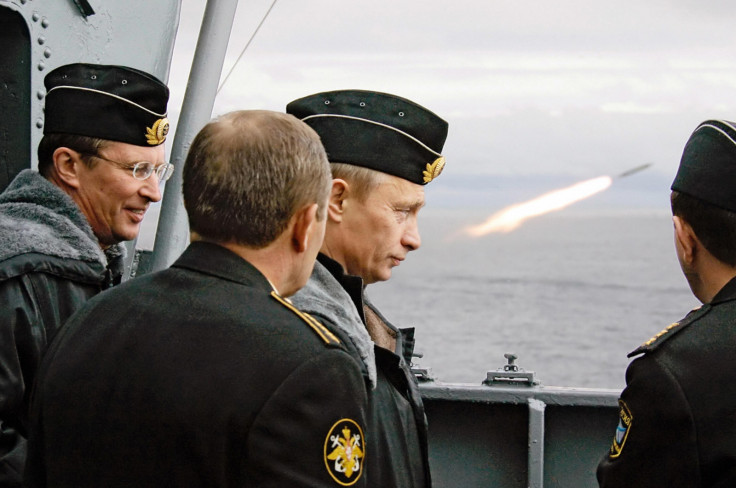Russia declares it will defend Arctic interests with force if necessary

Russia's defence minister has announced that Russia is prepared to defend its interests in the Arctic by military means if necessary.
Speaking at a ministry of defence meeting, Sergei Shoigu said that both countries near to and distant from the Arctic circle were attempting to expand their presence in the region.
"The constant military presence in the Arctic and a possibility to protect the state's interests by the military means are regarded as an integral part of the general policy to guarantee national security," he said, reports RT.
"It's not a secret that the Arctic is turning into one of the world centers for producing hydrocarbons and is an important junction for transport communications," he said. "Some developed countries that don't have direct access to the polar regions obstinately strive for the Arctic, taking certain political and military steps in that direction."
Shoigu did not specify which countries.
In recent months, Russia has stepped up its military presence in the Arctic, with Russian submarines engaging in maneuvers in the region since the beginning of the year.
Last year, Russia's president Vladimir Putin announced a new military doctrine, including plans to defend Russia's interests in the Arctic.
An abandoned military base in Alakurtti was reopened, and a series of other Cold War era bases in the region refurbished, with military drills being held in the region at the end of last year.
"Our main objective is research and evaluation of conditions in the Arctic and the suitability of our weapons and equipment this far north," Vladimir Kondratov, commander of the surface ships group of the Northern Fleet, told Russia Today.
According to international law, Russia, the US, Denmark and Greenland, Norway, and Canada all have the right to develop the Arctic Circle up to 200 miles from their continental shelf.
The Arctic is believed to contain extensive oil and gas reserves, and as polar ice melts, offers lucrative trade routes.
© Copyright IBTimes 2024. All rights reserved.






